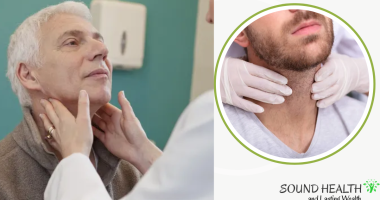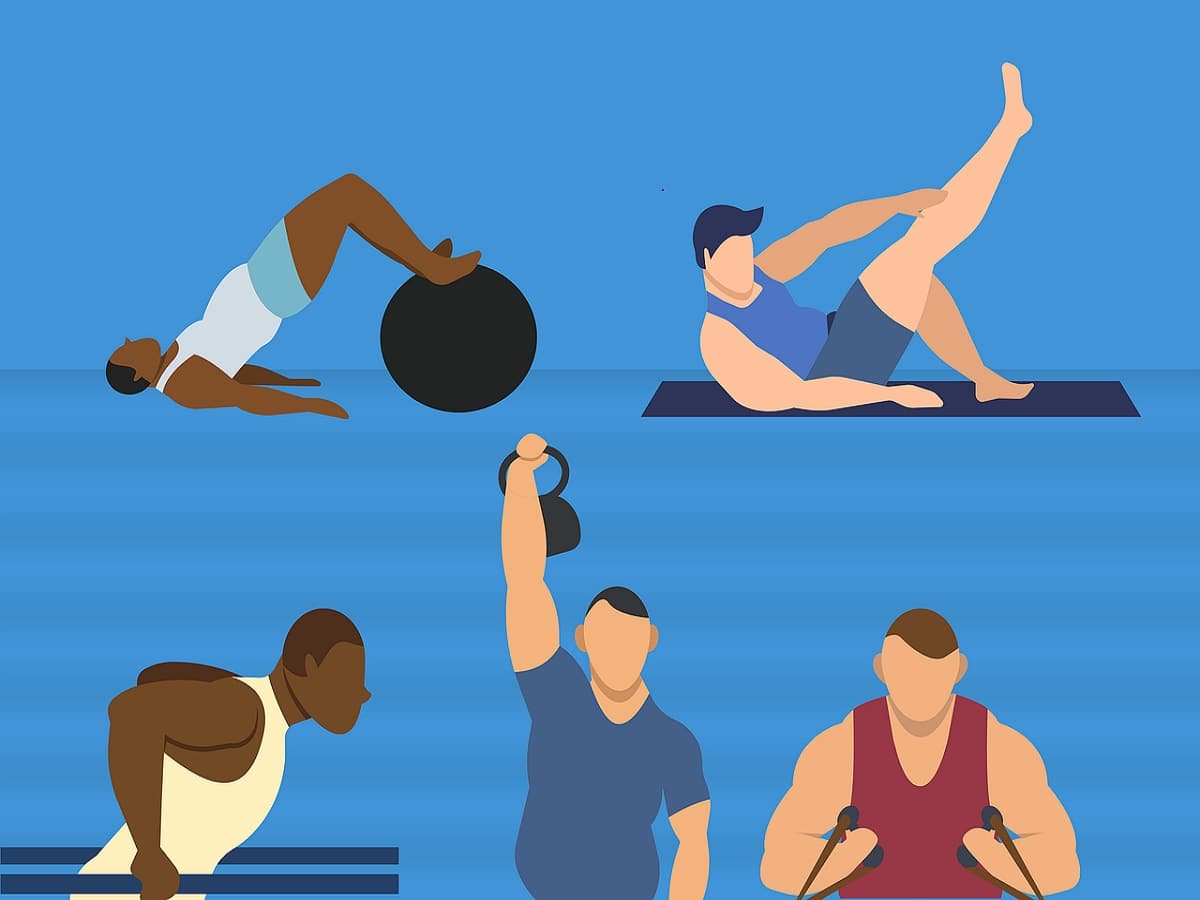To prevent the spread of coronavirus disease 2019, health experts and medical professionals recommend washing hands regularly or alternatively using alcohol-based hand sanitizer when soap and water are not readily available. But is the use of hand sanitizer as effective as soap and water?
Is the use of hand sanitizer as effective as soap and water?
When it comes to protective measures against the deadly coronavirus infections, the use of hand sanitizer is as effective as hand washing. This is why the Centers for Disease Prevention and Control (CDC) and World Health Organization (WHO) recommended it use when soap and water are not available.
According to the chief medical officer of Osmosis, and a former epidemic intelligence service officer in the division of viral diseases at the CDC ” Dr. Rishi Desai”, hand sanitizer especially one made with ( isopropyl or rubbing alcohol, aloe vera gel and essential oil, such as lavender oil) will kill 99.9 percent of germs after 60 seconds of application.
Water and soap may not always be there for you to use when the need arises but a sanitizer can be as it is small and easy to carry when going outside your home.
The importance of hand sanitizer to everyone at this period of coronavirus pandemic cannot be overemphasized.
Hence, ensure to have one with you when leaving your home. The NHS advises you go for a sanitizer with at least 60% alcohol as anything more than 95% alcohol may not be effective against germs and pathogens including SARS-CoV-2.
When should you sanitize your hands?
To protect lives and prevent the spread of COVID-19 infections it important you sanitize your hands after:
- using the toilet or bathroom
- touching hard or soft surfaces including documents and money
- returning from public places such as markets, worship centres, commercial buses, sport centres etc
- touching or caring for animals and pets
- sneezing and coughing
- eating food including water
- cooking food
- handling food items such as vegetables and fruits.
Also, sanitize your hands
- before and after assisting children with needs.
- before and after touching any part of your body including your face
- before and after using a face or nose mask
- before and after changing a baby’s diapers
- before and after caring for the sick or elderly people
Tips on how to sanitize your hands
To properly sanitize your hands, follow these steps
- Ensure your palms or hands are visibly clean
- Use your right or left hand to spray or apply the sanitizer to one of your palms.
- Clap your palms together and thoroughly rub through to the back of your hands, between fingers and under nails.
- Make sure to interlace and interlock your fingers from different dimension while rubbing through
- Continue to rub into the skin of your hands for At least 30 to 60 seconds or stop immediately you notice your hands are dry. If your hands dry off before the time frame, repeat the process but increase the sanitizer quantity.
Note: Germs, bacteria or viruses are different and not all can be killed by an alcohol-based sanitizer.
It can take at least 60 seconds, and sometimes longer, for alcohol-based hand sanitizer to kill coronavirus if used correctly but even in donkey years will not be effective against the norovirus, rotavirus, cryptosporidium and clostridium difficile.
Where can you buy a good hand sanitizer during this lockdown?
Before the lockdown, you could get hand sanitizers from local stores, pharmacies, supermarkets and even online. But right now that many countries of the world are practicing social distancing, the best and easiest place to buy a good hand sanitizer is online. Ensure you visit a trusted site if you don’t want to go to Amazon for your purchases.
Which hand sanitizer is best for COVID-19?
According to medical professionals, sanitizer with at least 60% alcohol is best as it’s capable of killing harmful viruses that cause COVID-19.
Hand sanitizer such as:
- Herbal Moisturizing Hand Sanitizer
- Pretty Hand Alcohol Gel
- URMAGIC Gel Hand Sanitizer
- Purell Advanced Hand Sanitizer
- Assured Hand Sanitizer
- CVS Health Advanced Formula Hand Sanitizer With Aloe
- Equate 34 Fl. Oz. Hand Sanitizer
- Curity Alcohol Pads 200-pack
Have up-to 60% per cent alcohol and are very effective against coronavirus and germs.
Visit our online store or Amazon to get any hand sanitizer of your choice and other protective essentials against the Novel coronavirus.
Also, you can use DANKA Cell Phone UV Sanitizer Ultraviolet Sanitizer or any other good phone sanitizer to sanitize your phone.
[content-egg module=Amazon template=item]
Aside from hands what else should you sanitize?
Sanitizing your hands while leaving hard surfaces in your home unsanitized increases your risk of catching the virus. So it is important you sanitize or disinfect both hard and soft surfaces often to reduce your risk. The surfaces to sanitize include:
- handrails
- door handles or knobs
- cell or mobile phones
- computers
- toilet seats and doors
- tap handles
- cabinet handles
- sinks
- faucets
- flush handles
- tables
- chairs
- remote control for television set, DVD player or other home appliances
- light switches
- table mirror
- car steering wheel
- children toys ( wooden or plastic)
Use a diluted bleach solution, alcohol-based solution with at least 70% alcohol or disinfecting wipes to sanitize all surfaces. While cleaning and disinfecting, open the windows and doors for cross ventilation.
ALSO READ: 5G network causes COVID-19: Is coronavirus pandemic a negative effect of 5G signals?
SHOP HEALTH PRODUCTS @ AMAZING LOW PRICES









